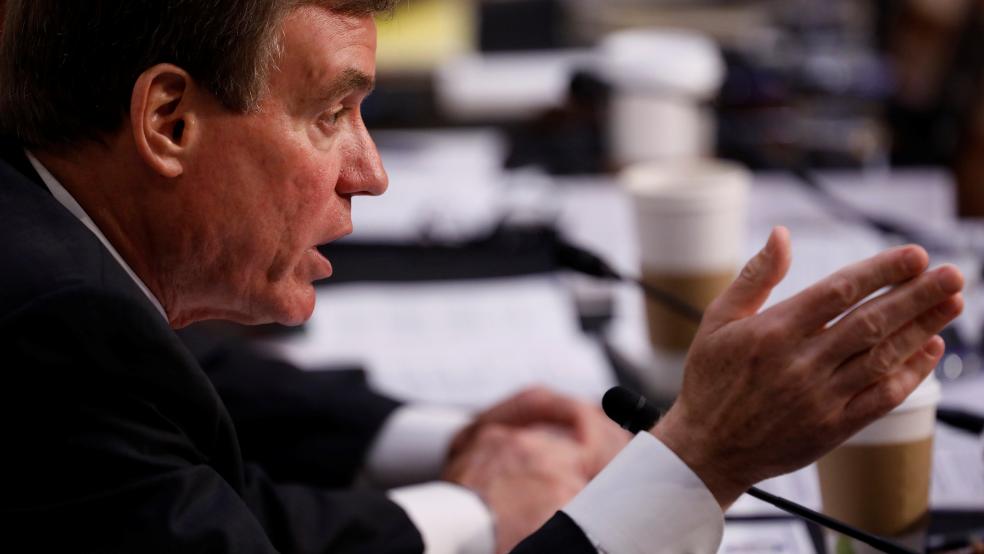LONDON (Reuters) - A top U.S. government legal official has given strong backing to Britain's campaign to force Silicon Valley to compromise on encrypted communications, rebuking tech firms for failing to balance crime-fighting demands with privacy needs.
U.S. Deputy Attorney General Rod Rosenstein met with senior British government officials including interior minister Amber Rudd and the chief of MI5 intelligence agency on Thursday to discuss encryption. He plans to see the head of Britain's GCHQ service on Friday, he told Reuters.
"At this point we are coordinating with our foreign partners as to what the challenges are," Rosenstein said in response to a question from a reporter at the Global Cyber Security Summit, organized by Skytop Strategies.
Top officials in Prime Minister Theresa May's government, including Rudd, have been trying to rein in encryption but have been met quiet resistance from tech leaders like Facebook
, Google and Twitter . Critics see the demands as a back door for government snooping. In his speech, Rosenstein decried what he called "warrant-proof encryption that puts zero value on law enforcement".British and U.S. officials argue that default encryption settings on free messaging apps, such as Facebook's WhatsApp, hinder authorities' ability to collect evidence needed to pursue criminals, even with clear, court-ordered mandates. "Increasingly, the tools we use to collect evidence run up against encryption tools which are designed to defeat them," Rosenstein said.Britain is trying to step up attempts to counter criminal activity online after a series of Islamist militant attacks this year but must ensure it balances the demands of state security with the freedoms of democratic societies. Tech companies and many cyber security experts say that requiring law enforcement access be given access to encrypted products will broadly weaken security for everything from online banking to shopping to casual conversations among friends.The U.S. deputy attorney general said he was not seeking to criticize technology firms but rather to lay out the trade-offs."In many ways the economic interests of technology companies align with law enforcement," Rosenstein said. "But in one particular area - encryption - competitive forces drive technology companies to resist cooperating with governments."I wouldn't describe my goal is to put pressure on the tech industry," he said, adding "regulation is a potential option".But in a speech earlier this week Rosenstein accused Silicon Valley of being more willing to comply with foreign government demands for data than those made by their home country."The approach taken in the recent past - negotiating with technology companies and hoping that they eventually will assist law enforcement out of a sense of civic duty - is unlikely to work," he said at the U.S. Naval Academy on Tuesday. (Reporting by Eric Auchard; Editing by Elisabeth O'Leary/Mark Heinrich)



